This summer, ten students embarked on the 2014 Copper River Stewardship Program, taking 8 days to explore the Copper River watershed via raft, canoe, feet, van and ferry. Through this program, the Copper River Watershed Project wanted to help youth see themselves as active members of a united watershed community. A common theme of the program is “we all live downstream,” –what happens in any part of the watershed affects the whole.
The program taught the students about the 1989 spill, the ecological aftermath, and how it influenced communities, the industry, and the politics of the region. Students worked with guest teacher Jack Dalton to write “creative non-fiction” capturing their experiences and impressions. The following are excerpts from students.
–Kate Morse, Copper River
Watershed Project
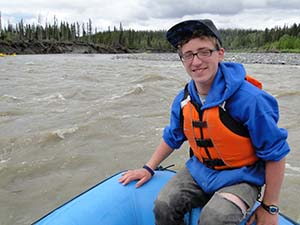
“The point of this program to me is that we need to keep the land, and especially the watershed, pristine. It’s simple things like picking up trash or big things like trying to clean up the Exxon Valdez oil spill.”
-Takodah Veach, Copper Center
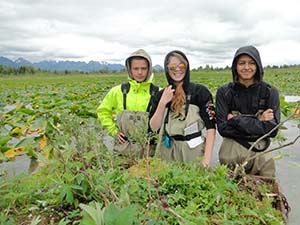
“Water. It surrounds us. It’s in our houses, the lakes outside, the rivers we cross, and the oceans we travel by. But it’s not always appreciated that the water we flush in our toilets is the same water we swim in, and at some point in time it originated from a common source… if there is one thing I learned, it’s that a drop in the ocean is not just that. It’s a drop in every body of water, stream or faucet on earth. So the next time you consider tossing a can in that tiny creek, just remember we all live downstream.”
-Elvie Underwood, Kenny Lake
“Something I’ve learned that impacted me the most is the fact that we all live downstream and it is not only our responsibility to keep the wildlife safe but also to those who utilize the Copper River watershed to produce and transport oil so that we can continue to utilize the watershed for generations to come. Because of the Exxon Valdez oil spill we have to acknowledge that yes we need to survive, but so does the Copper River watershed.”
-Ethan Castillo, Cordova
“I realized that everyone is affected by the choices we make. One example is the choice Joe Hazelwood made when he chose to drink and let somebody else control the ship. This choice affected a lot of people, animals, and the environment. The choice is still in effect today which made me realize that I can’t be so self-centered.”
-Kobe Pence, Anchorage/Chistochina
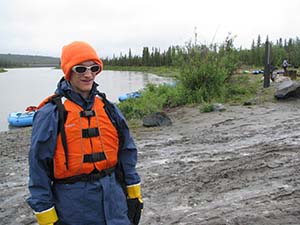
“When we were listening to the people talk about the pipeline I got a better understanding for how we all live downstream. When he was talking about how they would clean up the oil if there was an oil spill and I was thinking about how that worked and how when there’s an oil spill that the water always flows downstream. We have a fishwheel downstream and if oil were to get to our fishwheel then it would be very bad and if it were to get to the ocean it would be even worse because the salmon spend most of their life in the ocean…”
-Isaac Cain, Glennallen
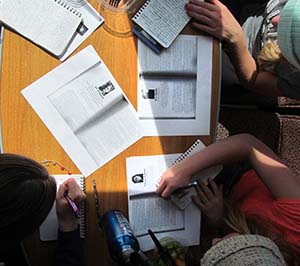
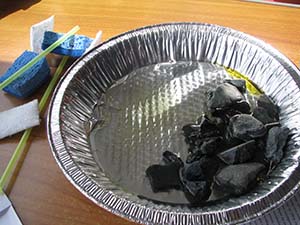
The following organizations partnered to present this year’s Copper River Stewardship Program: Bureau of Land Management/Glennallen Field Office, Copper River Watershed Project, Prince William Sound Science Center, U.S. Forest Service/Chugach National Forest, Wrangell Institute for Science and Environment, Wrangell St. Elias National Park & Preserve and the Prince William Sound Regional Citizens’ Advisory Council.